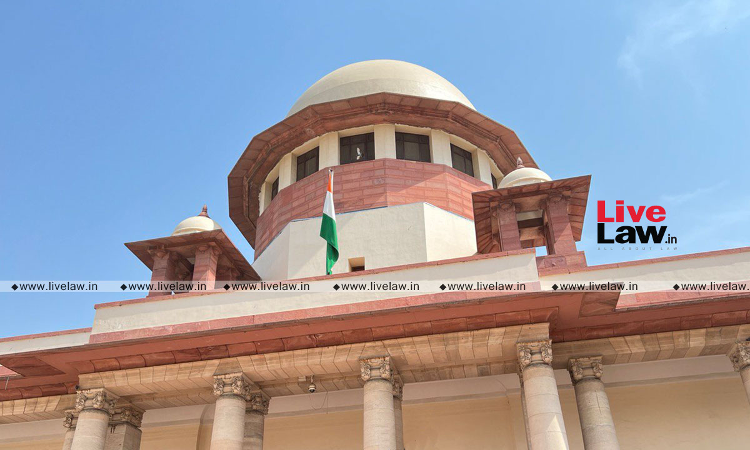Trust Property Cannot Be Alienated Unless It Is For Benefit Of Trust And/Or Its Beneficiaries: Supreme Court
LIVELAW NEWS NETWORK
22 July 2022 7:33 PM IST

" The Trustees are not expected to deal with the Trust property, as if it is their private property."
Next Story


